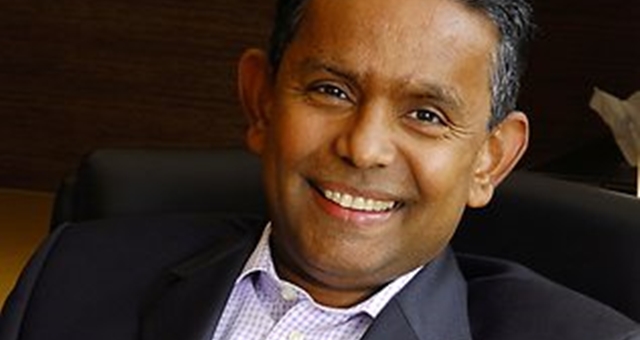By Emma Gardiner in Gladstone
Minor Hotel Group (MHG) is set for an aggressive expansion in Australia, CEO Dilip Rajakarier has exclusively told HM.
Speaking at the opening of the newest addition to the group, Oaks Gladstone, Rajakarier said plans included bringing the Avani and Anantara brands to Australia and hiring 45,000 staff over the next five years.
“We have an opportunistic acquisition strategy… unlike some of the other big players, we’ll consider anything,” he told HM.
Having just opened three Oaks properties this year (including Rivermark in Mackay and Milton in Brisbane), Rajakarier said more 2014 openings are imminent in Melbourne and Brisbane with the group’s sights firmly set on the development and acquisition of more properties in Sydney, Perth, Brisbane and Melbourne.
Rajakarier identified MHG’s growth markets as regional leisure, corporate travel and fly-in fly-out mining areas.
To support this growth strategy, Rajakarier said that the highest operational priority is the centralisation of the booking and enquiry platforms.
“We are planning to link all of the call centres. We’re building a central reservation system so that anyone can call in their own country and make bookings in language,” he said.
Rajakarier said this follows on from the translation of the brand websites into eight languages. He said one of the core tenets of MHG’s strategy is to localise the business as much as possible. And this decision is reflected in the way MHG enters markets via joint ventures with local owners, versus full ownership.
Rajakarier said that this approach makes it easier to enter unfamiliar markets as the local owners have a handle on local policies and process, as well as any cultural sensitivities.
This then extends to the architecture and design, hotel operations and guest experience and Rajakarier said that MHG empowers architects and designers to localise the look and feel of the properties.
Then, once the property is ready for action, the hotel management team decide how they want to localise the services, menus and corporate social responsibility programs. The final step then becomes how the guests experience the property. This comes down to everything from differing guest amenities in the rooms, to localising the spa treatment menus.
Flying in the face of its competitors, MHG brands allow individual properties to diversify and define themselves within their community and cultural context, according to Rajakarier.
“Apart from bringing Avani and Anantara in Australia, Africa is a big growth market,” he said. “We have bought two more islands in Mozambique where we will refurbish the existing resort and add villas. We are also exploring opportunities in South Africa, Nigeria, Angola and Botswana because the domestic tourism business is heating up because of local mining interests.”
Because of MHG’s projected growth, the “war on talent”, as Rajakarier calls it, is hotter than ever.
“We are looking to recruit 45,000 associates in the next five year, doubling our work force to 90,000 people,” he told HM.
“We have an 18 month graduate program in place with the hotel management schools, as well as a deal with all the local schools where we take their top 10 students on trial and hire the best ones.
“We offer our staff exposure to other markets and a wide variety of experience.”
Rajakarier said that the five core values of MHG are customer focus, performance, people development, innovation and partnership and the group will look to hire people who share these values.


